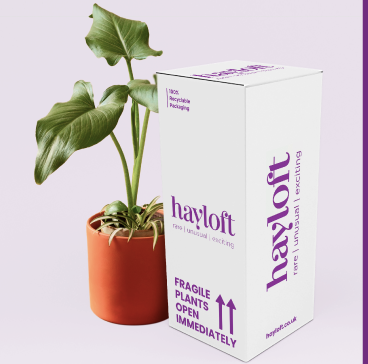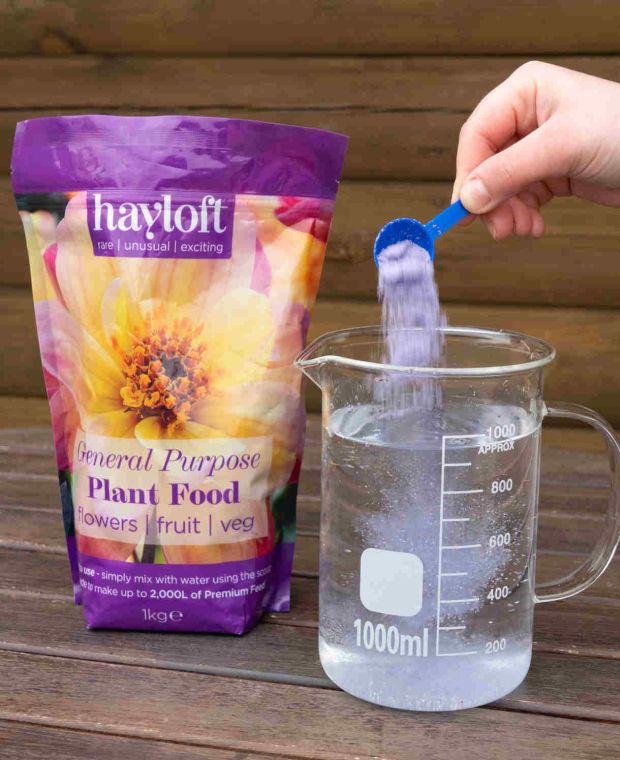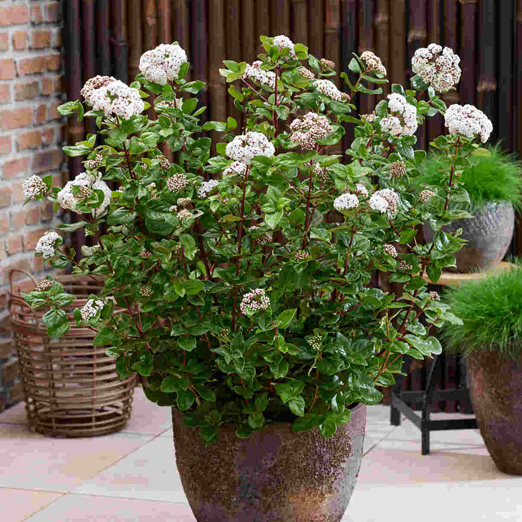how to look after wildlife during winter
how to look after wildlife during winter
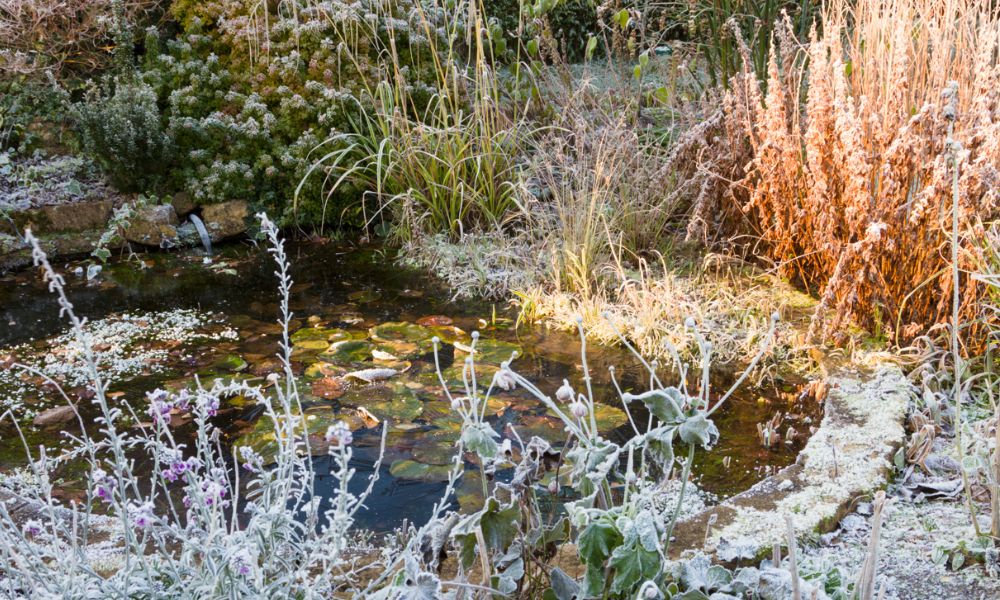
Winter has well and truly arrived here in Britain, with temperatures dropping and sunshine becoming a very distant memory. Whilst we may complain about the cold, this time of year can be particularly tough for our wildlife as food sources become scarce and animals seek shelter from the freezing temperatures. Luckily, there are lots of simple and easy ways that you can help your local wildlife along this winter. Keep reading for our suggestions on how to look after wildlife during winter.
Keep water topped up
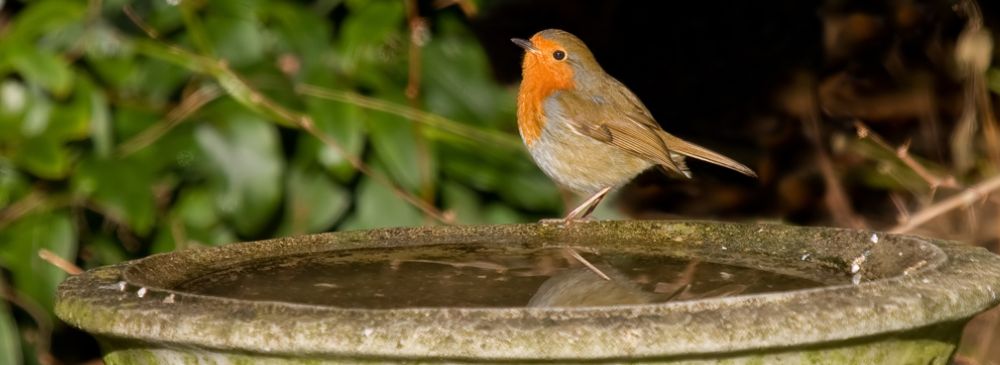
Often in winter, water sources can become frozen, so the animals who would normally drink from them need a little helping hand. Put fresh water out in a shallow bowl each night for hedgehogs and keep bird baths topped up, making sure they don’t become frozen over. To prevent the bird bath from freezing, simply put a ping-pong ball or cork into the water. The slight movement it will create in the breeze will help stop the water from freezing, or boil a kettle in the morning if there's been a heavy frost! We don't mean make them a cuppa...more just to help defrost what's already there!
Leave food out for birds
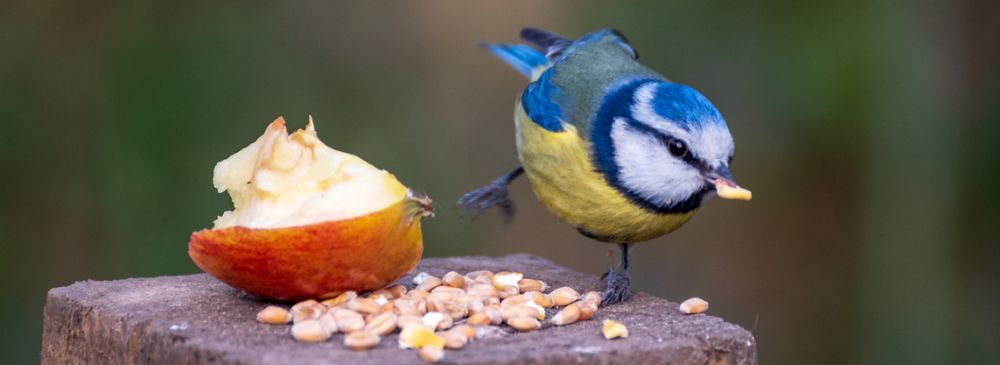
As the weather gets colder and colder, it becomes more difficult for birds to find food. Leaving out foods such as fat balls are particularly useful for birds as they provide them with lots of energy which is essential during the wintertime. Other foods such as cheese, boiled potatoes, raisins, soft fruits, apples, pears, seeds, grains and uncooked and unsalted bacon rind are all perfect and will help a wide range of different birds through the winter. Don't forget to plant smart too! Late berrying plants like Pyracantha, Ilex, Malus and leftover seeds from Sunflowers and Teasels are much loved by birds too.
Provide shelter
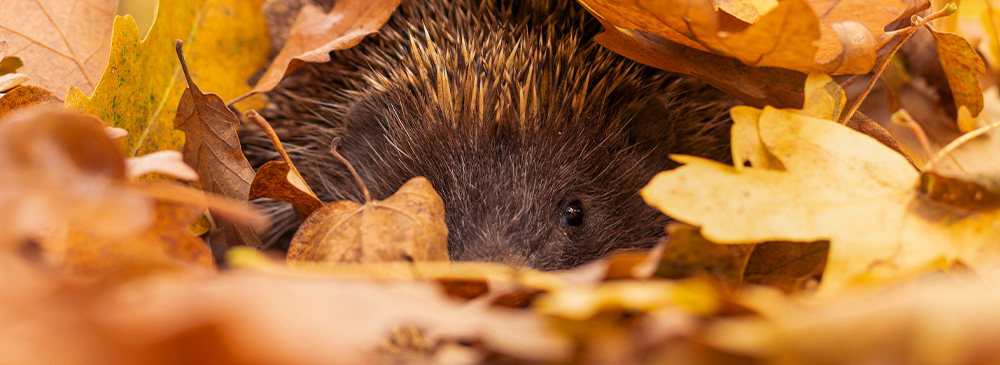
You garden can provide solace for a variety of different animals during the colder months. It’s best to stop tidying your garden and let it go slightly wild as the wild areas of your garden such as piles of leaves and wood will provide both insects and hibernating animals with a safe space rest. You can also use next boxes with some hay in them in your garden to provide small birds with shelter from the cold too.
Look after your pond
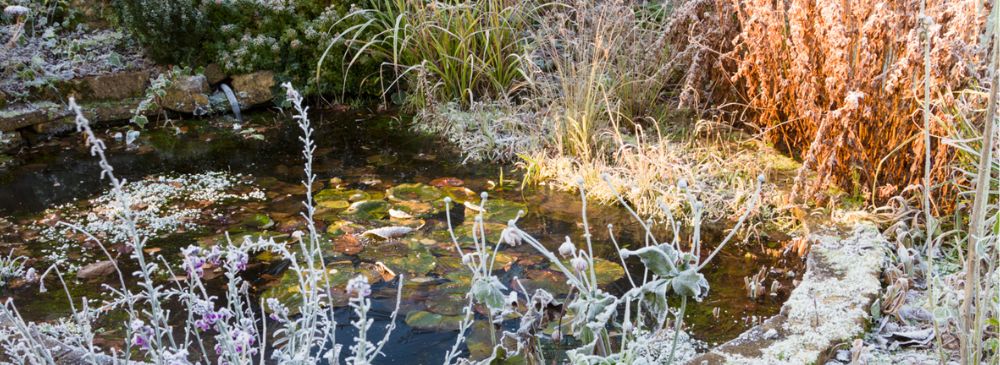
It’s important to make sure that your pond doesn’t freeze over in the winter, particularly if you have frogs or fish living in them. If your pond freezes, it can result in the wildlife in them not being able to breathe and it can also trap harmful gases. To prevent this from happening, float a tennis ball on the surface of the water as the movement will stop the water from freezing. If you do find that the water freezes, place a pan of boiling water on the surface of the ice to melt a hole. As well as making sure the water doesn’t freeze, it’s also a good idea to remove any leaves and dead plants from the water, as they can create harmful gases when they decompose.

